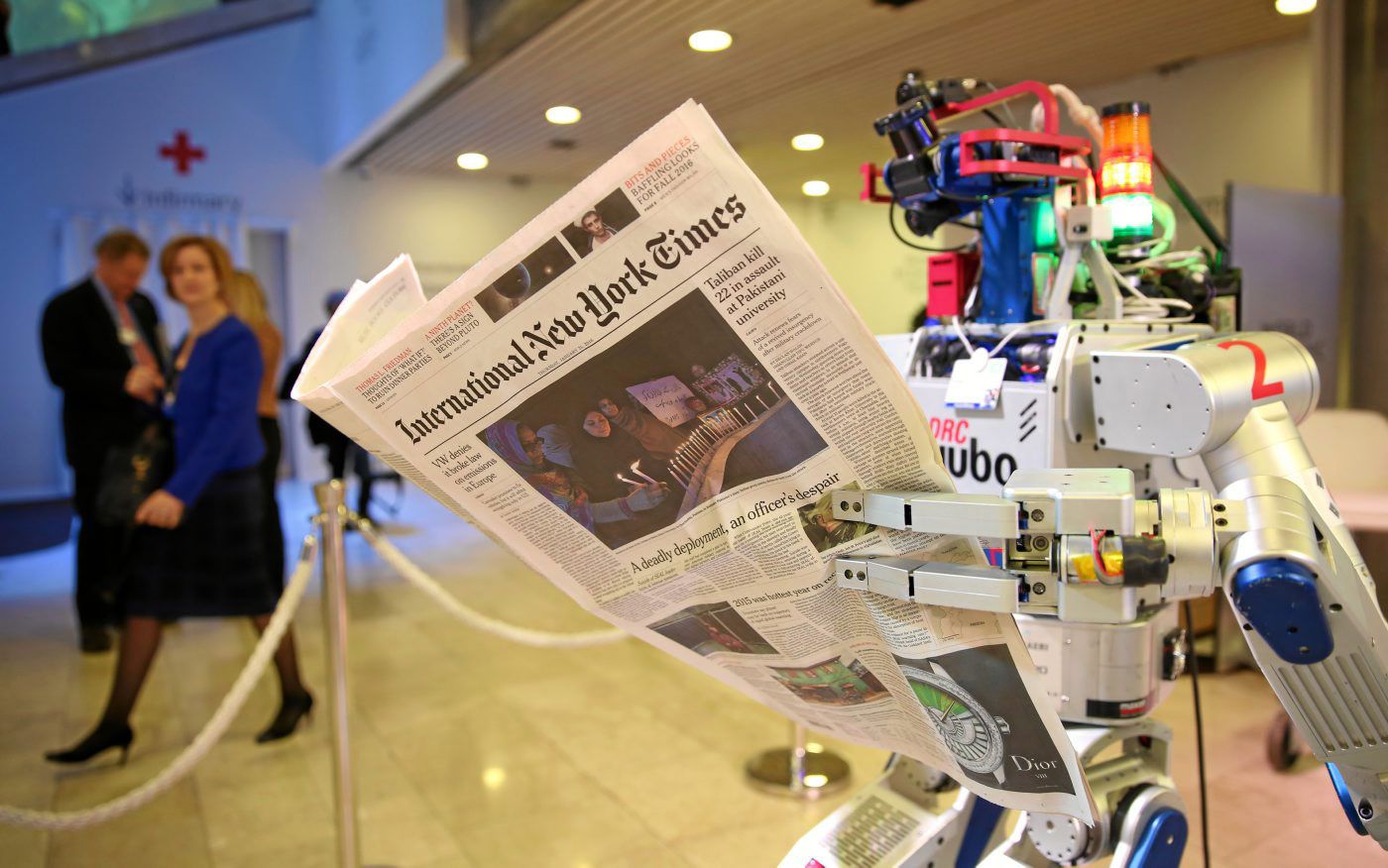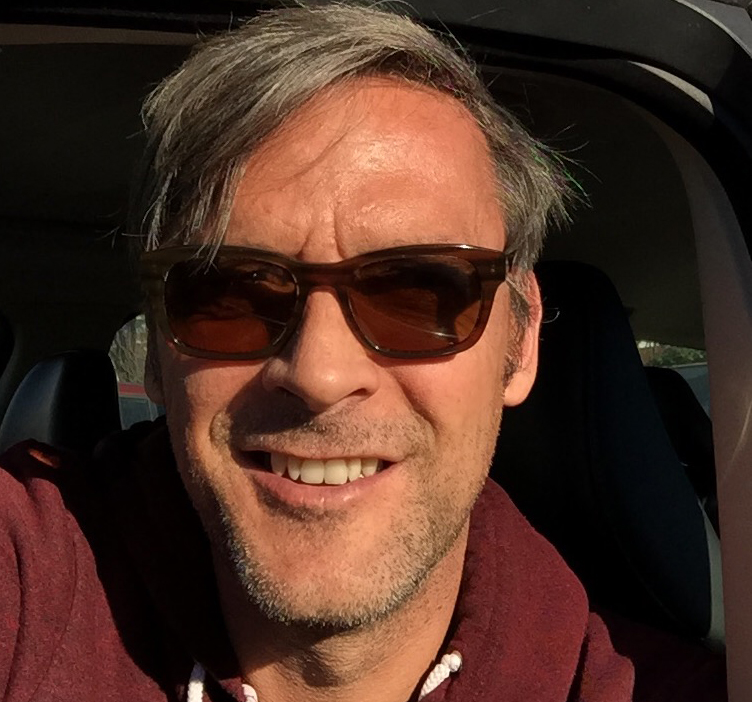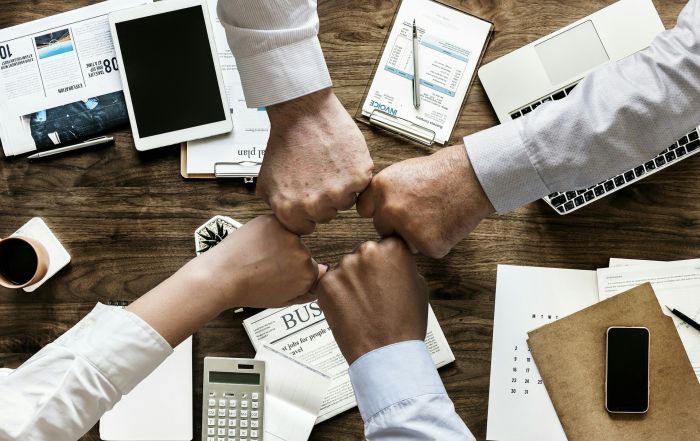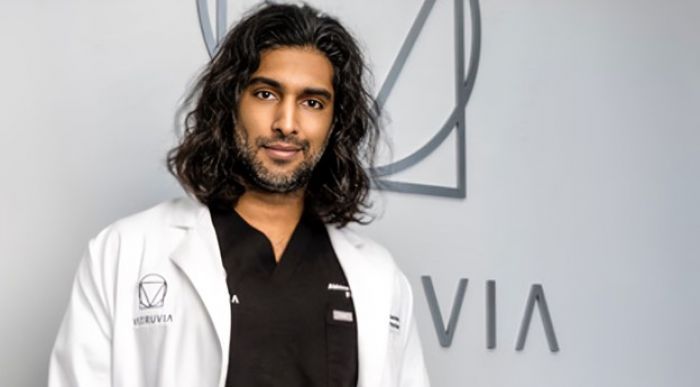
The second day of the World Economic Forum in Davos is all about the business at hand. According to Bloomberg, the average cost of attending what’s been jokingly referred to as the “Burning Man for Billionaires,” is north of $50,000—so it’s time to make it pay off. Participants can be seen running nonstop from panels to private meetings to parties. You certainly won’t hear many of them discussing their weekend ski plans.
Here, some highlights from Day 2 of WEF 2016:
New Canadian Prime Minister Justin Trudeau was the hit of the party circuit last night. The charismatic world leader made appearances all over town, as many celebs have applauded his progressive politics and have been eager to finally meet him. He was seen late-night, schmoozing with U2 frontman Bono and actors Kevin Spacey and Leonardo DiCaprio at a small party of 40 hosted by Chinese businessman Jack Ma, the founder of Alibaba.
House of Cards star Kevin Spacey serenaded hedge-fund party attendees with “In the Wee Small Hours of the Morning,” telling them, “Change can really happen, ideas are extraordinary, and when we come together and try to solve problems, or try to progress ourselves, or just be better or be kinder to each other, it’s pretty remarkable.”
Robots have been a big topic this year, with a lot of serious discussion about the theory of robotics, powered by artificial intelligence, being “the fourth industrial revolution” after steam, mass production and information technology. Hubo, a human-sized automaton from South Korea, has been stalking the halls of the Congress Center and drawing a lot of attention. “He” won the $2 million DARPA Robotics Challenge and can climb stairs and get into and out of a car. Hubo’s presence is intended to provoke awareness of this year’s official theme: “Mastering the fourth industrial revolution.”
In a panel discussion about “The Fourth Industrial Revolution,” which included Facebook’s Sheryl Sandberg, Microsoft CEO Satya Nadella told attendees, “There is an economic surplus that is going to be created as a result of this fourth industrial revolution. The question is how evenly will it be spread between countries, between people in different economic strata and also different parts of the economy.”
Nearly half of the delegates who were canvassed said they expect an artificial intelligence machine to be sitting on a corporate board of directors within the next decade. Others said they foresee implantable mobile phones and 3D-printed transplant organs becoming a reality by 2025. For more on AI, check out the WEF’s hour-long panel “The State of Artificial Intelligence.”
A more pressing discussion took place at “The Future of Europe” session featuring German Finance Minister Wolfgang Schäuble, Greek Prime Minister Alex Tsipras and Netherlands Prime Minister Mark Rutte, who is currently the president of the European Council. The heavyweights discussed a litany of issues facing Europe in 2016: security risk and the Paris attacks; the dramatic flow of migrants and refugees onto the Continent; slow economic growth; rising debts; and the possibility of the U.K. exiting the European Union.














